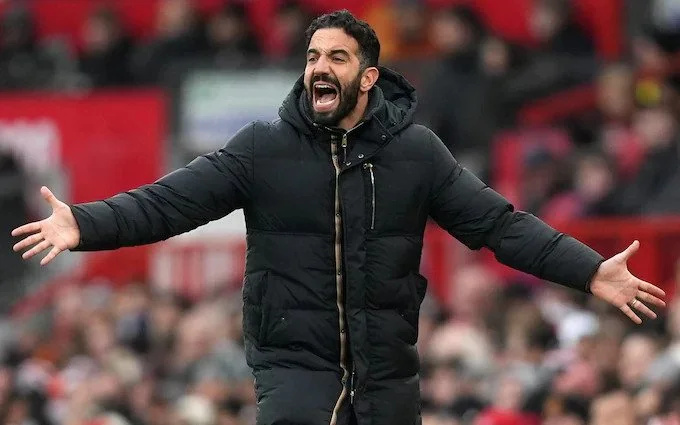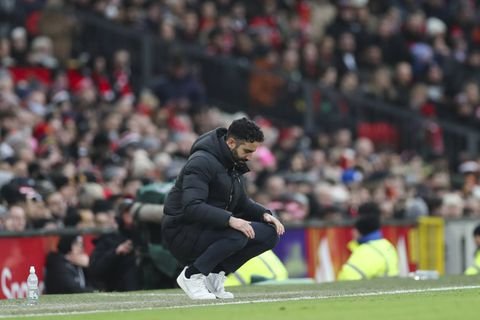Ruben Amorim Reflects on Controversial Comment About Manchester United
Manchester United manager Ruben Amorim has expressed regret over his recent remarks describing the current United team as "the worst in the club's history." Speaking at a press conference on Wednesday, the 39-year-old clarified that his comment was more a reflection of his own shortcomings as a manager rather than an indictment of his players.
Amorim’s controversial statement followed United’s 3-1 defeat to Brighton last Sunday, a result that compounded the Red Devils’ dismal start to the season with seven losses in 15 games under his leadership.
Amorim’s Clarification and Self-Criticism
In his latest remarks, Amorim sought to diffuse the backlash, admitting his frustration may have led to an overstatement:
“I was talking more about myself than the players. I also said in the same response that I was not helping my players. If you look around every time I speak and every time you push about the players are not good enough, I never put the spot on my players.”
Amorim acknowledged his struggles as a manager during this turbulent period for United, adding that:
“Sometimes it’s really hard to hide the frustration in the moment. But the good thing is I said the same things in a different way in the dressing room five minutes before. The response was quite normal because I’m really blunt with my players.”
A Manager Under Pressure
Ruben Amorim’s tenure at Manchester United has been nothing short of challenging. The team’s underwhelming performances have placed the manager under intense scrutiny from fans and pundits alike. While admitting his faults shows a measure of humility, the question remains whether Amorim can rally the team and turn their fortunes around.
It’s worth noting that managing a club of United’s stature comes with immense expectations. Despite the team's current struggles, Amorim’s willingness to take responsibility rather than shift blame onto his players could foster unity in the dressing room—a key element for a turnaround.
Opinion: Time for Reflection, Not Overreaction
Amorim’s candor may come as a double-edged sword. On one hand, it humanizes him as a manager who is not immune to self-doubt, which could endear him to fans seeking accountability. On the other hand, calling the team "the worst" risks alienating the players and amplifying tensions at a club already grappling with high expectations.
The road to redemption for Manchester United lies in pragmatic solutions, not emotional reactions. Amorim must now focus on shoring up tactical deficiencies, strengthening player morale, and demonstrating leadership that inspires confidence.
For fans, patience might be thin, but drastic changes or overreactions could exacerbate the club's woes. After all, United’s history is built on resilience and recovery—a legacy Amorim will need to channel if he hopes to leave a lasting mark.
Conclusion
Ruben Amorim’s admission of regret is a small but meaningful step in addressing the turbulence at Manchester United. However, words alone won’t suffice. The weeks ahead will test his managerial mettle as he strives to align actions with accountability, proving that even in adversity, the spirit of Manchester United can prevail.







